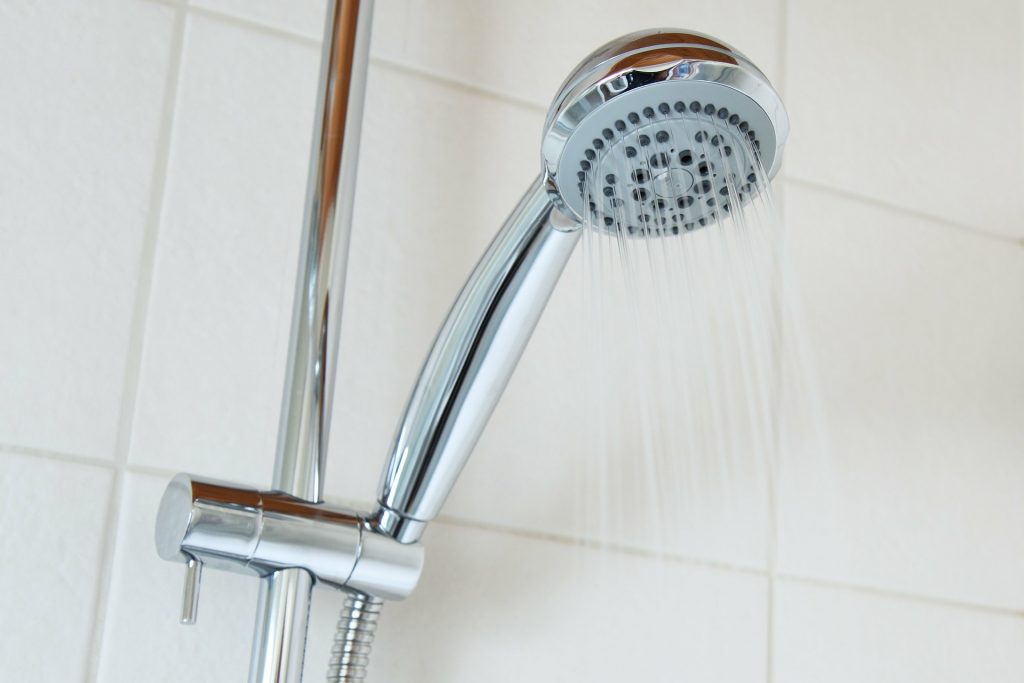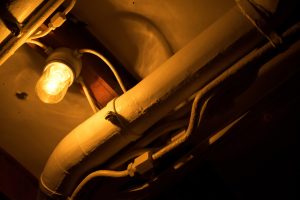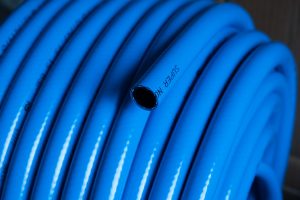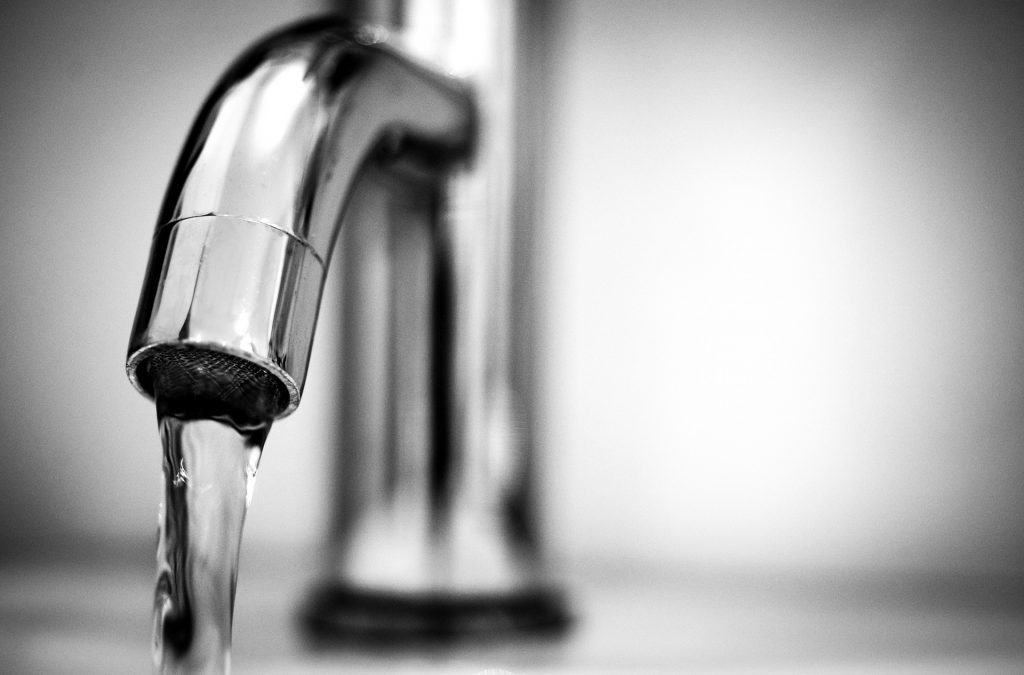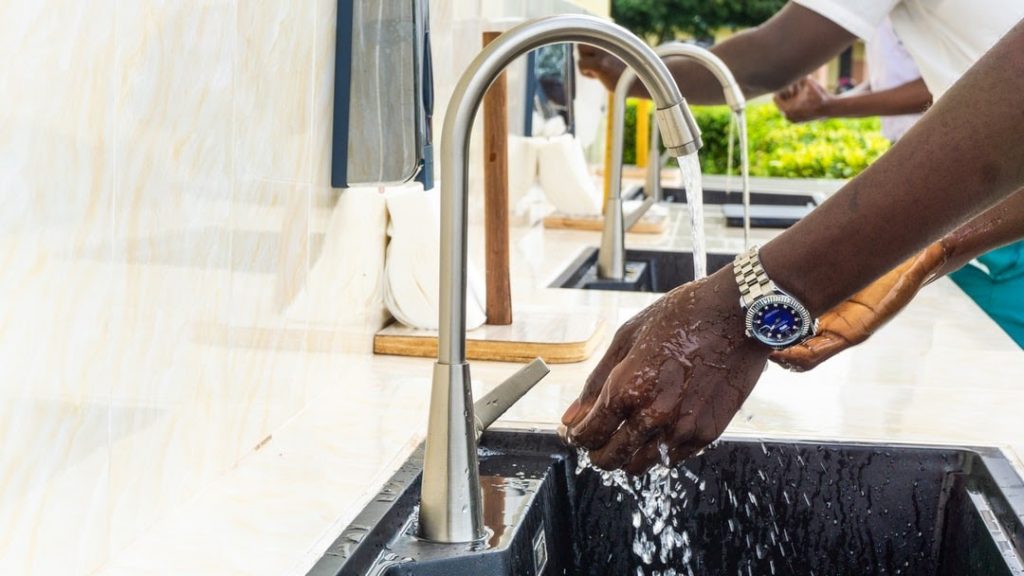Every house has a water heater that works hard and all throughout the day to make sure that we have hot water when we turn the faucet. However, these appliances are not invincible and can struggle just like any other large home appliance.
Today we will take a look at some common issues people face when their water heaters are not working. These can range from super easy fixes to potential replacement needs, so we’ll look at a range of potential causes There is no need to panic as most common water heater problems are easily resolvable. Let’s start off this discussion with why having a properly functioning water heater is so important.
Hot Water Heater Not Working: Overview
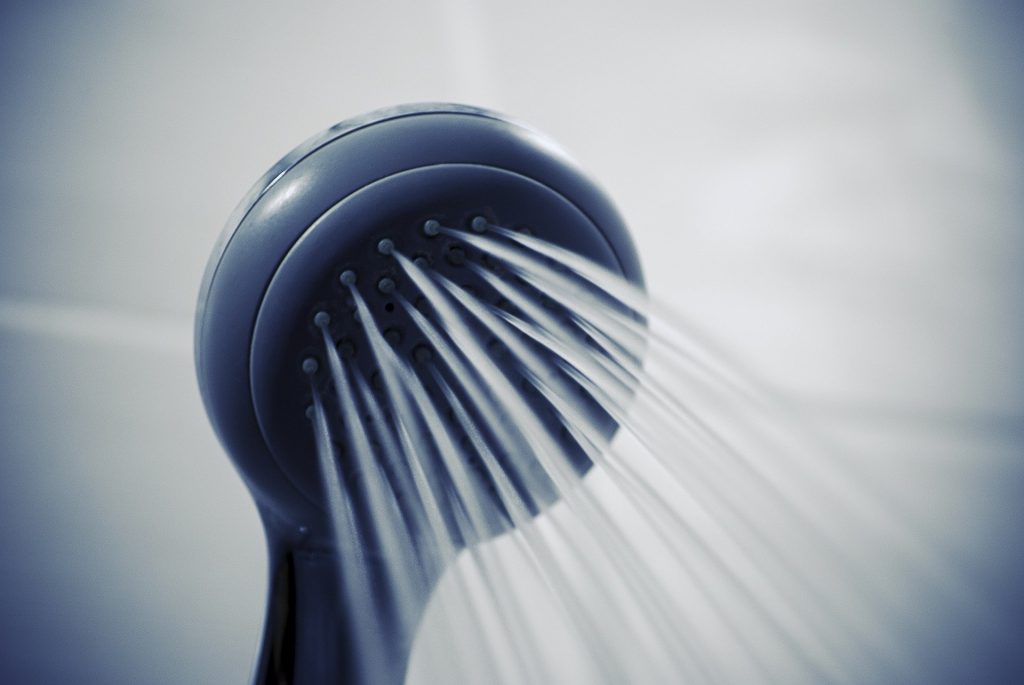
A hot water heater not working can be caused by any number of issues that we will look at later. For now, let’s look at why a water heater is so important. Without a properly functioning water heater, your house will have no supply of hot water anywhere. This means no warm showers or warm faucets for washing your hands.
These are highly inconvenient to everyday life and are a nuisance to deal with. However, more serious issues can arise that are much more dangerous than just not having a warm shower. Issues can be as simple as a little leak, but they can also be much direr and lead to serious consequences.
It is important to take decisive action at the first sign of trouble with your water heater just to be safe. Something as simple as a valve not turned enough could be all you need to check out. Regardless of the issue, let’s now take a look at the possible issues your water heater may be facing and how to deal with them.
Hot Water Heater Not Working: What to Do
Water Heater Not Getting Hot
If you are trying to get hot water from a faucet in your house and only cold water is coming out, there is clearly an issue with your water heater. While this may seem like a big deal, it is actually one of the easier issues to address when it comes to water heater faults.
The first way we can look into this problem is to check and see if your circuit breaker has issues. Since most modern units require electricity to operate (this is true even if your water heater that’s not working is gas-powered), they won’t produce hot water unless a power source is active. To check if this is the issue, go to your circuit breaker and make sure the power going to your water heater is in the on position. If the switch is off, it means that the breaker tripped, and you should turn the power back onto the heater after checking for any faulty wires.
If that is not the issue, it could be that one of the heating elements failed. If one of these fails, you will need a professional to come and replace it for operation. You can also check the temperature dial that may indicate the water got too hot and damaged the element or triggered the breaker to turn off.
Hot Water Heater Not Working: Too Little Hot Water
Not having enough hot water is a relatively minor issue. A water heater not getting hot enough is usually to be blamed on the thermometer built into the unit. This tells the heater when to stop making water if it reaches a certain temperature. Turn up the temperature a small amount under normal circumstances and be aware that the winter usually requires more temperature to keep the water warm.
An alternate issue could be that you have used all of the water that can be stored in your tank. These tanks require about 30 minutes to reheat a full tank once it has been used, so that would explain the lack of water if you recently used a lot of hot water.
Strange Sounds
A water heater has almost no moving parts, so there should not be any noise coming from them. If you begin to hear your water heater hissing or making strange sounds, it’s time to take action. The most common cause of sounds coming from a water heater is air being stuck in the tank due to a buildup of sediment.
When sediment builds up in a water heater, it holds onto air that is later released as the tank heats up. This sediment can be prevented by regularly flushing your tank about once a year to remove any sediment. Flush the tank out to get rid of it and call a professional if the sound remains after a flush.
Strange Smells
Strange smells coming from your water or heater area can suggest a few things. The most obvious thing it tells us is that the tank is dirty. This can be because of sediment building up due to hard water or in worse situations, it could mean corrosion.
Try flushing out the heater to clear out the sediment and replace the anode rod. If a strange smell continues after cleaning and replacement of the anode, corrosion is likely, and you may need an entirely new tank.
Note: If your water heater that’s not working is gas-powered and you notice a strange rotten egg-type smell, you should evacuate your home and contact emergency services immediately. This could be a sign of a natural gas leak, which can be very deadly.
Leaks
Leaking is a fairly obvious sign of an issue, but it isn’t a death sentence for your tank. Check the tank well and try and locate the source of the leak. A leaking tank is not something you can repair (you’ll need to get a new water heater), but you can repair issues like piping and other issues.
As mentioned above, the anode element of your water heater can be replaced and may be the issue. It can be hard to notice any leakage unless you go looking for it or notice significant water loss, so you need to make sure you are checking in on your water heater often to make sure it is in working order.
If your water heater that’s not working is electric and tankless, any leaks that occur will be in the piping, which is much more affordable to fix than a leak in a tank setup.
Unnaturally-Colored Water
The last thing you want in your water or body is water that has been exposed to corrosion or bacteria. When you use your hot water, it should be fairly obvious if it looks unusual or has a strange taste. There are a few issues that can cause this that range from a minor inconvenience to a full replacement.
Once again, the anode that goes into your tank could be corroding and causing the water to be affected. This is an easy enough repair and should fix the problem. If the strange color still exists, look to flushing out the tank and check the flushed-out water for excessive minerals and sediment that can cause discoloration of the water.
If colored water still appears, you can likely assume there is corrosion within the tank. A professional opinion for this issue, as well as many of the others, will give you a clearer answer than just trying to check it yourself ever will.
Water Heater Not Working: Conclusion
From strange noises to strange taste, water heaters are not immune to aging and small issues that can render them unusable. Thankfully, most of the issues we looked at today are all solved with moderate ease and can be ironed out in no time.
It may be time to upgrade to a new water heater and now you’ll have more knowledge than ever before of how to properly take care of it!
Frequently Asked Questions
Why is my water heater not working?
There are many, many reasons your water heater may not be working. Your first step should be to identify exactly what issues you’re experiencing. The most common complaint we hear about is a water heater that’s not producing hot enough water. This could be the result of a circuit breaker issue or a failed heating element inside the unit.
Who should you call when your water heater is not working?
Instead of contacting a general plumber or electrician, get in touch with a qualified local HVAC contractor. This level of specialization goes a long way towards ensuring you get quality service that actually fixes your water heater. If you live in the Phoenix, Arizona area, give American Home Water and Air a call!
How do you tell if your hot water heater is broken?
One sure way to tell something is awry is to see if hot water is coming out of your faucet. You should also periodically check for other issues such as leaks and noises coming from your heater. These can be early warning signs.


